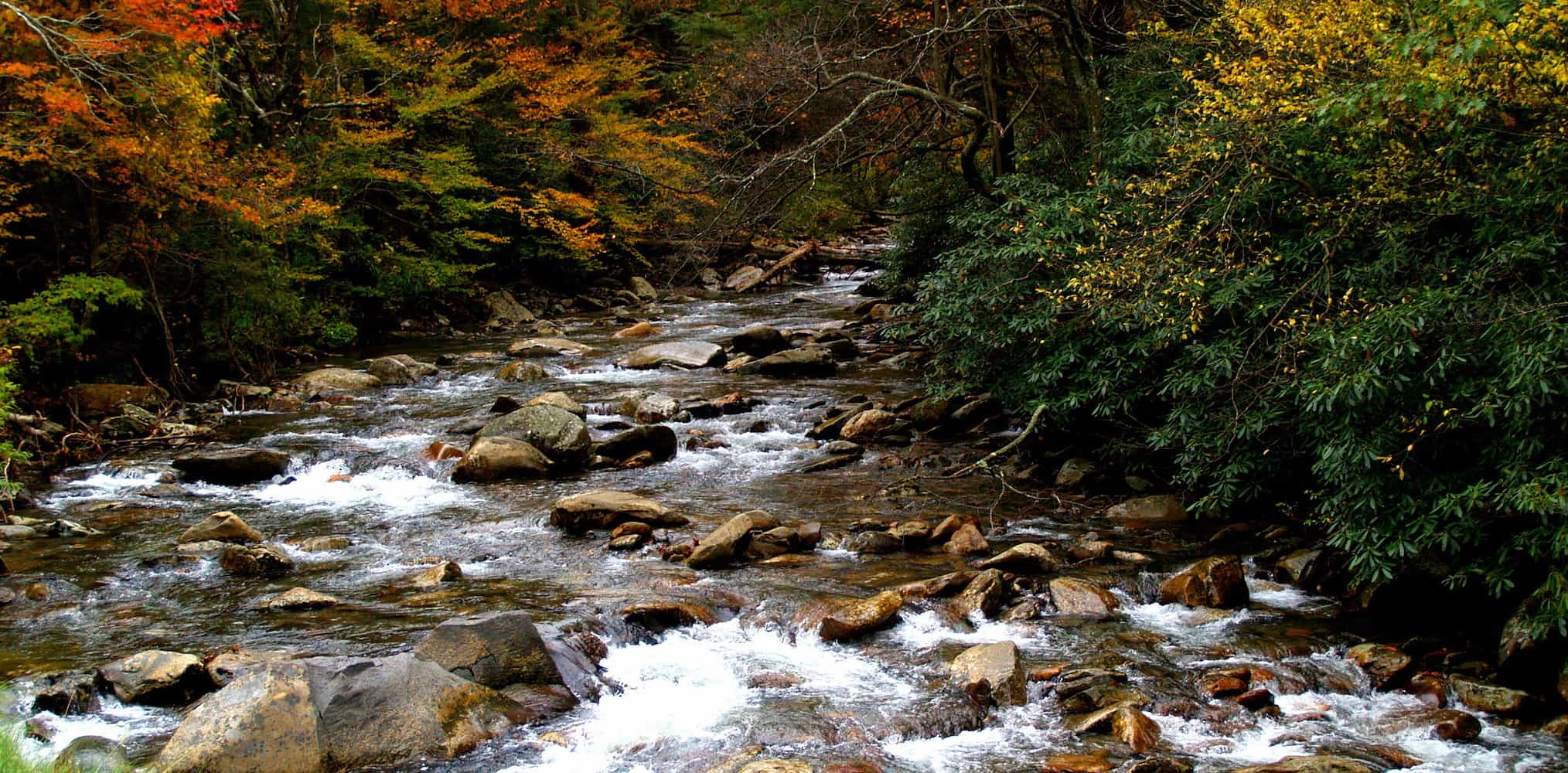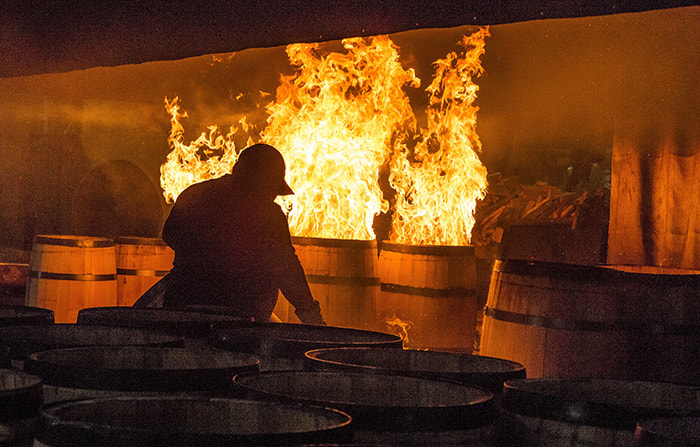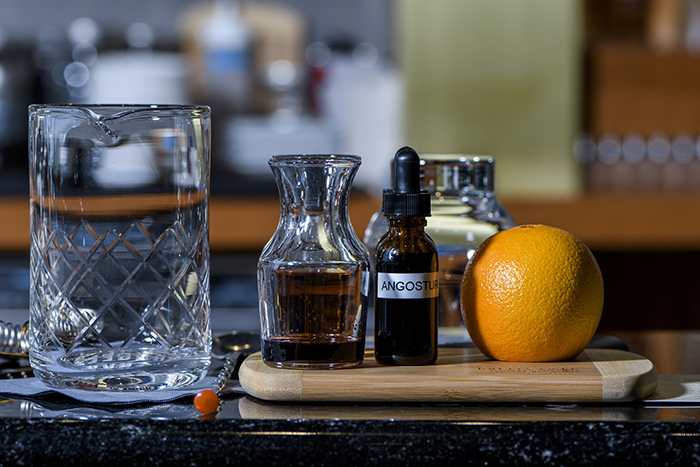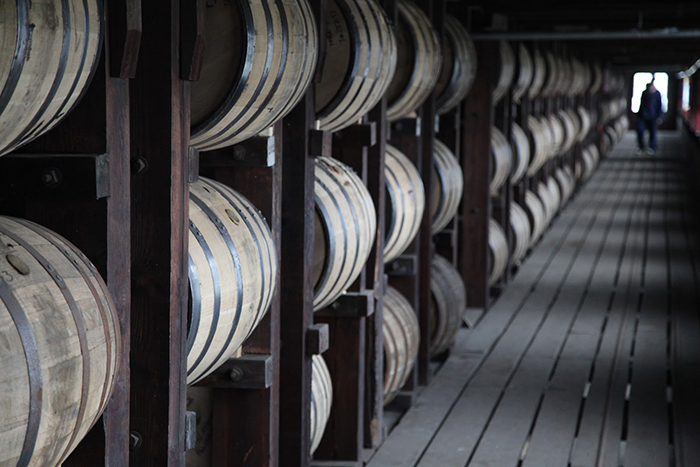Bourbon and Tennessee Whiskey are pretty similar. They’re both made with a mash bill of at least 51% corn, with limits on ABV concentration during distillation, aging and bottling, and are aged in new charred oak barrels. In the whiskey family tree, they’d be siblings—the kind of siblings who probably hate it when people point out how alike they are. But while bourbon is very established, you could say that Tennessee whiskey is still finding its way in life.
People often believe that bourbon can only be legally produced in Kentucky. This is incorrect, as bourbon can be produced anywhere in the United States. Tennessee whiskey is a different story. Based on a clause established by NAFTA (the North American Free Trade Agreement) in 1994, Tennessee whiskey must be a straight bourbon whiskey produced only in Tennessee.1 However, it’s not necessarily a question of geography, because you could technically distill bourbon in the state without selling it as Tennessee whiskey.
So how is Tennessee whiskey different from bourbon? The big difference is the Lincoln County Process, during which the whiskey is either steeped in or filtered through sugar maple charcoal for up to ten days.3 It wasn’t until 2013 that the state officially passed laws requiring the Lincoln County Process and aging in new, charred white oak barrels.1 So this means that all Tennessee whiskey is made with the Lincoln County Process, right? Wrong! Benjamin Prichard’s received an exemption so he could continue making Tennessee whiskey according to his grandfather’s recipe, which doesn’t involve the Lincoln County Process. And there’s currently legal debate over whether or not Tennessee whiskey can be aged in reused barrels or aged out of the state.1 And just to keep things interesting, these requirements aren’t federal law, which means they’re more susceptible to change.2
While Tennessee whiskey has been around for centuries, some growing pains are expected. After all, it took a US Statutory law passed in 1964 to standardize the legal requirements for bourbon.5 One thing is certain though: it’ll be interesting to keep an eye on the future of our whiskey neighbors to the south.
Works cited:
- https://en.wikipedia.org/wiki/Tennessee_whiskey
- Risen, Clay. American Whiskey, Bourbon and Rye. New York: Sterling Epicure, 2013
- http://www1.american.edu/ted/kentuckybourbon.htm






